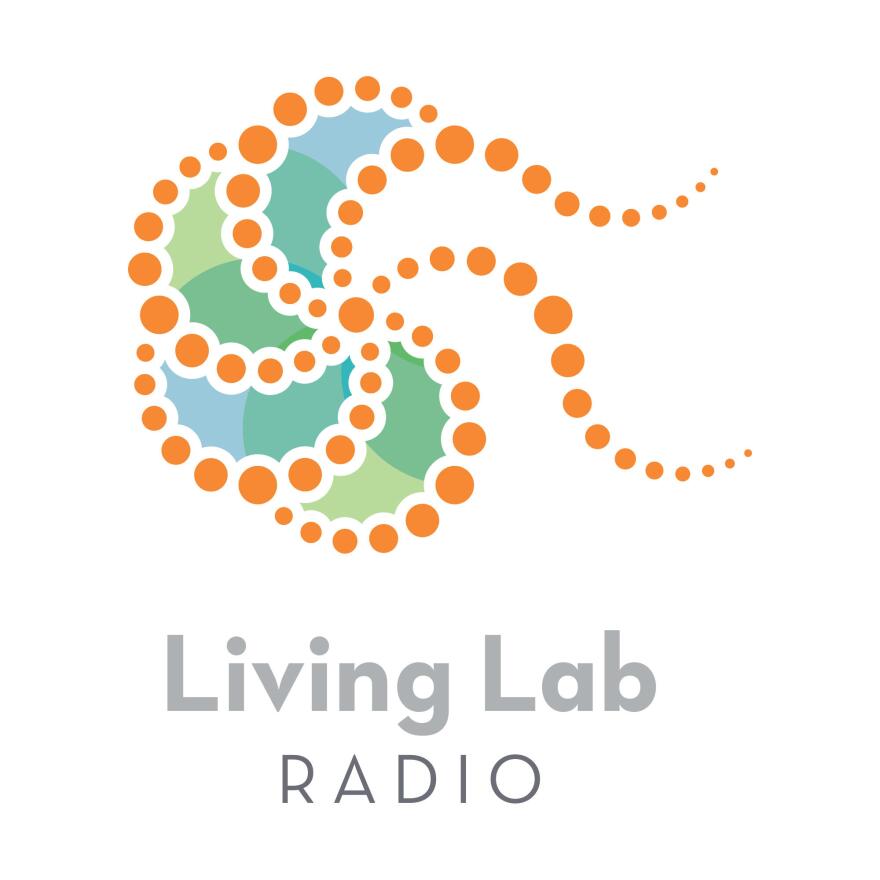It is with deeply mixed emotions that I am leaving WCAI to lead communications at Woods Hole Research Center, the top-ranked climate change think tank. The last episode of Living Lab Radio will air on December 29th and 30th.
I walked into WCAI fifteen years ago with a newly minted Ph.D., and no radio or journalism experience to speak of. Could I learn to be a science reporter, I asked? The answer – yes – literally changed my life.
It would take me a few years to leave the research world and join the staff at WCAI. I have never regretted it, and I have continued to get more yesses from WCAI and WGBH than one could dare to expect. Could I write a blog about climate change? Yes, and Climatide was born. Two years later: could I host a show about science and society? Yes, and Living Lab Radio was born.
It has been an amazing seven years of constant growth and change since that first show in July of 2012. Over the years, the show has morphed from a live, half-hour conversation to a magazine-style hour of interviews. We made a quantum leap when Elsa Partan joined me as producer, applying her strong news sense and exacting audio standards to every interview, and again when we joined WGBH’s weekend line-up in September of 2017. Ed Hebert at The Blue Ocean created the perfect logo, and Stellwagen Symphonette composed theme music that I listen to whenever I need a boost in energy or confidence (think Rocky). We have developed relationships with Nature and TheConversation.com that have made the show better. We have audited our source list to hold ourselves accountable for the diversity of voices we give airtime. We have extracted story ideas from news wires, kids’ birthday parties, and everything in between.
I founded Living Lab Radio to give scientists a regular space on the radio, and to experiment with emerging best practices in science communication. I have learned an immense amount – about black holes and gene editing, but also about the importance of personal connection and narrative storytelling. Over the past year, I have felt an increasing urgency to apply what I have learned to one issue that has been a theme in my reporting for a decade – climate change.
I was in Paris in 2015, when the world made an ambitious commitment to avert the disastrous effects of runaway warming. But action to date has not lived up to what the overwhelming scientific consensus indicates is needed to slow, let alone stop, climate change. Indeed, just this fall, thousands of scientists broke with the staid norms of academia and declared our global situation a crisis – a declaration they, of course, backed with piles of data and dozens of graphs.
I, too, feel the need to step up my efforts to put the best possible science into the hands of those in positions to direct public discourse, set policy, and make change. It is time for a new challenge, this new challenge. I have poured my heart and soul into Living Lab Radio, and I will miss it. Thank you for listening. Truly, it has meant so much. I take the energy and encouragement you have given me into this next chapter.
Here’s to getting science out of the lab, and into the real world!
Heather




